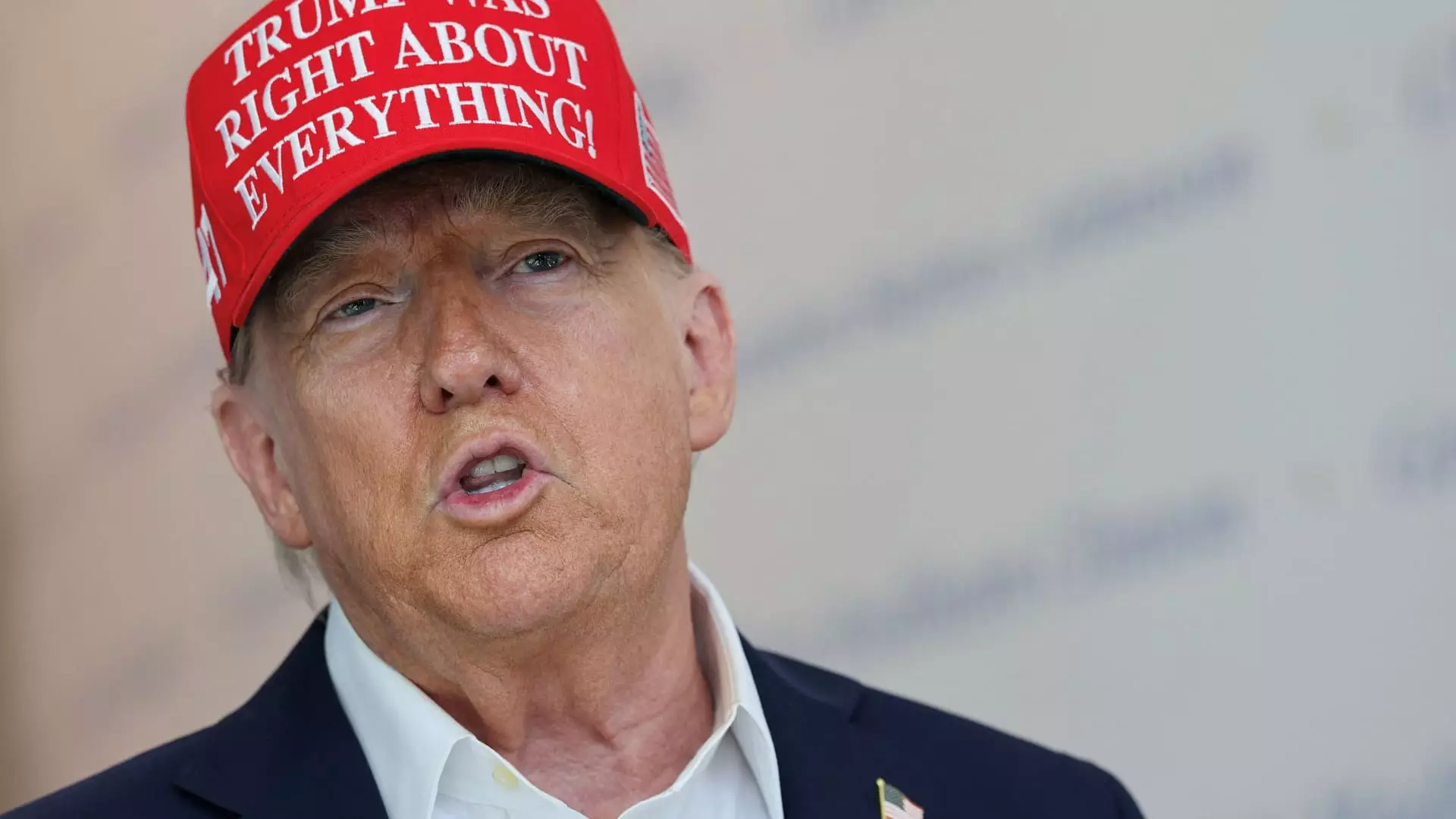The recent bold declaration by President Donald Trump to fire Federal Reserve Governor Lisa Cook underscores a dangerous willingness to undermine the Federal Reserve’s independence. In a political climate rife with partisan conflicts, the impulsive move to threaten the tenure of a central bank official based on dubious allegations sets a concerning precedent. The Federal Reserve’s primary mandate—encompassing price stability, maximum employment, and moderate long-term interest rates—relies fundamentally on its autonomy. Politicizing its leadership, especially through the unfounded accusations of mortgage fraud, risks compromising the stability and credibility of the monetary system. The Fed must be insulated from political vendettas that threaten its ability to craft thoughtful, data-driven policies free of undue influence. Trump’s stance reveals not only a disregard for this institutional independence but also an aggressive attempt to reshape monetary policy in his favor, potentially pandering to populist sentiments rather than sound economic principles.
The Perils of Politicizing Federal Reserve Appointments
The appointment and removal of Federal Reserve governors are critical components of the U.S. monetary framework. These positions are designed to be insulated from short-term political pressures to ensure policymakers can focus on long-term economic health. When a sitting president seeks to replace a governor based on alleged personal misconduct—especially when such allegations are unverified or politically motivated—the entire integrity of the process is compromised. It transforms appointments into political leverage, diluting the authority of experts who are tasked with navigating complex economic challenges. The potential to replace Cook with a successor aligned with Trump’s views on rate cuts and inflation control raises concerns about skewing monetary policy toward immediate political gains rather than balanced economic stewardship. This approach threatens to turn the Fed into a tool of partisan politics rather than a guardian of economic stability.
The Impact on Market Confidence and Policy Credibility
Market participants and international observers rely heavily on the Federal Reserve’s perceived independence to make informed decisions. When political actors threaten or attempt to influence the composition of the Fed’s board, it injects uncertainty into financial markets. A lack of confidence in the Federal Reserve’s impartiality might lead to heightened volatility, increased borrowing costs, and less effective policy transmission. Furthermore, such interference undermines the credibility of the U.S. monetary framework, potentially discouraging investment and exacerbating economic risks. Central banks worldwide operate best when their actions are shielded from political interference; the Trump administration’s recent conduct risks reversing decades of progress in establishing this vital insulation. The danger lies not merely in individual allegations but in the broader erosion of trust that is essential for effective monetary policy.
The Broader Political Context and Implications
At its core, this episode mirrors a broader tendency among some politicians to weaponize regulatory and economic institutions for short-term political gain. While political accountability is vital, it must not come at the expense of institutional integrity and expertise. The accusations against Cook, whether substantiated or not, are being exploited to justify her removal, aligning with a pattern of undermining dissenting voices within the federal system. The attack on her also exemplifies how populist rhetoric can distort legitimate economic assessments and substitute partisan agendas for rational policymaking. If respected experts and officials can be dismissed based on unproven allegations and political whims, it sends a chilling message to other appointees and government officials: independence is fragile, and loyalty to partisan interests will be prioritized over competence.
The Risks of a Politicized Central Banking System
A central bank’s strength depends on its ability to operate without fear of political retribution. The current trajectory initiated by President Trump reflects a fundamental misunderstanding—if not outright disdain—for the importance of institutional independence. As the economy faces persistent challenges like inflation pressures, global uncertainties, and geopolitical tensions, a politically compromised Fed would struggle to respond effectively. Instead of objectively analyzing economic data and adjusting policies accordingly, a politicized Fed might become hostage to immediate electoral considerations and public opinion. This short-sighted approach endangers the stability of the financial system and could lead to misguided policy decisions, such as premature rate hikes or unwarranted rate cuts driven by political motives. Ultimately, safeguarding the Fed’s independence should be a bipartisan priority; once compromised, restoring credibility becomes exponentially more difficult.

